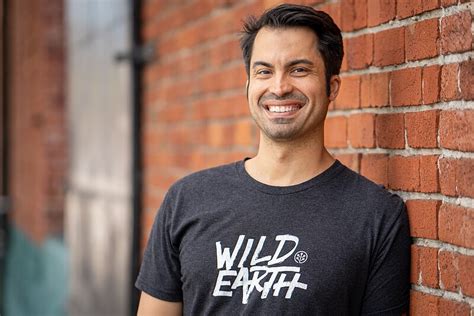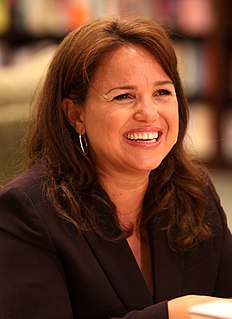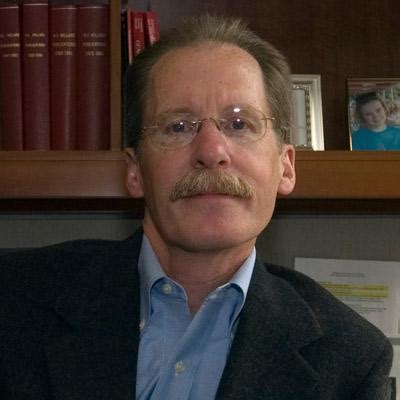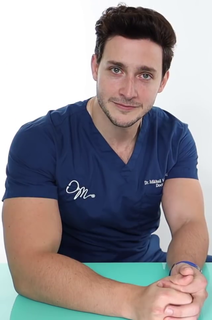A Quote by Paul Di Filippo
The advent of AIDS circa 1980 has really forced medicine and biology to take enormous steps just for sheer survival. The same way war propels hard technology, AIDS has created wartime conditions in the field of biology that will have all sorts of spin-offs.
Related Quotes
It is now widely realized that nearly all the 'classical' problems of molecular biology have either been solved or will be solved in the next decade. The entry of large numbers of American and other biochemists into the field will ensure that all the chemical details of replication and transcription will be elucidated. Because of this, I have long felt that the future of molecular biology lies in the extension of research to other fields of biology, notably development and the nervous system.
The best way to deal with AIDS is through education. So we need a really widespread AIDS education program. In fact, what we need in Burma is education of all kinds - political, economic, and medical. AIDS education would be just part of a whole program for education, which is so badly needed in our country.
Evolution lies at the heart of biology. It is seamlessly and continuously linked to health research to better understand such conditions as AIDS or bird flu or Parkinson's or cancer or heart disease. Every biomedical experiment, every tiny advance, every major breakthrough ultimately connects to the principles first postulated by Darwin.
Originally, I was in high school, and I was studying biology, and I got really interested in the field of medicine. And then, I got a lot of early exposure to it because my father's a physician, and I saw the relationship that he had with his patients, and it was something that drew my attention to how wonderful the field was.
Scientific practice is above all a story-telling practice. ... Biology is inherently historical, and its form of discourse is inherently narrative. ... Biology as a way of knowing the world is kin to Romantic literature, with its discourse about organic form and function. Biology is the fiction appropriate to objects called organisms; biology fashions the facts "discovered" about organic beings.
If belief in evolution is a requirement to be a real scientist, it’s interesting to consider a quote from Dr. Marc Kirschner, founding chair of the Department of Systems Biology at Harvard Medical School:
“In fact, over the last 100 years, almost all of biology has proceeded independent of evolution, except evolutionary biology itself. Molecular biology, biochemistry, physiology, have not taken evolution into account at all.





































